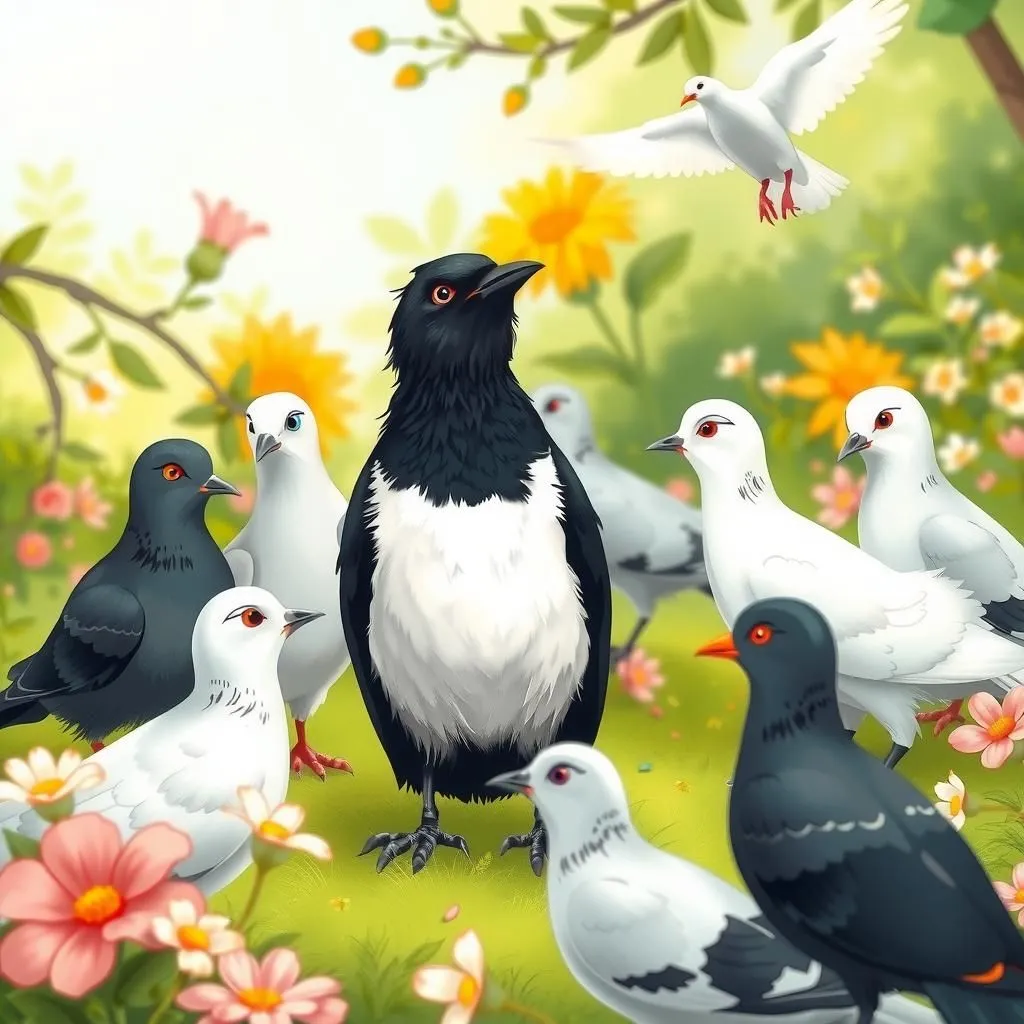
A Hasty Settlement
In "A Hasty Settlement," an attorney proposes to reopen a concluded estate case after realizing there may be remaining assets, prompting the judge to reconsider the initial valuation. This concise moral story highlights the importance of diligence and the potential for overlooked opportunities, reminding readers that lessons learned from stories can inspire a deeper understanding of justice and fairness in seemingly settled matters.


